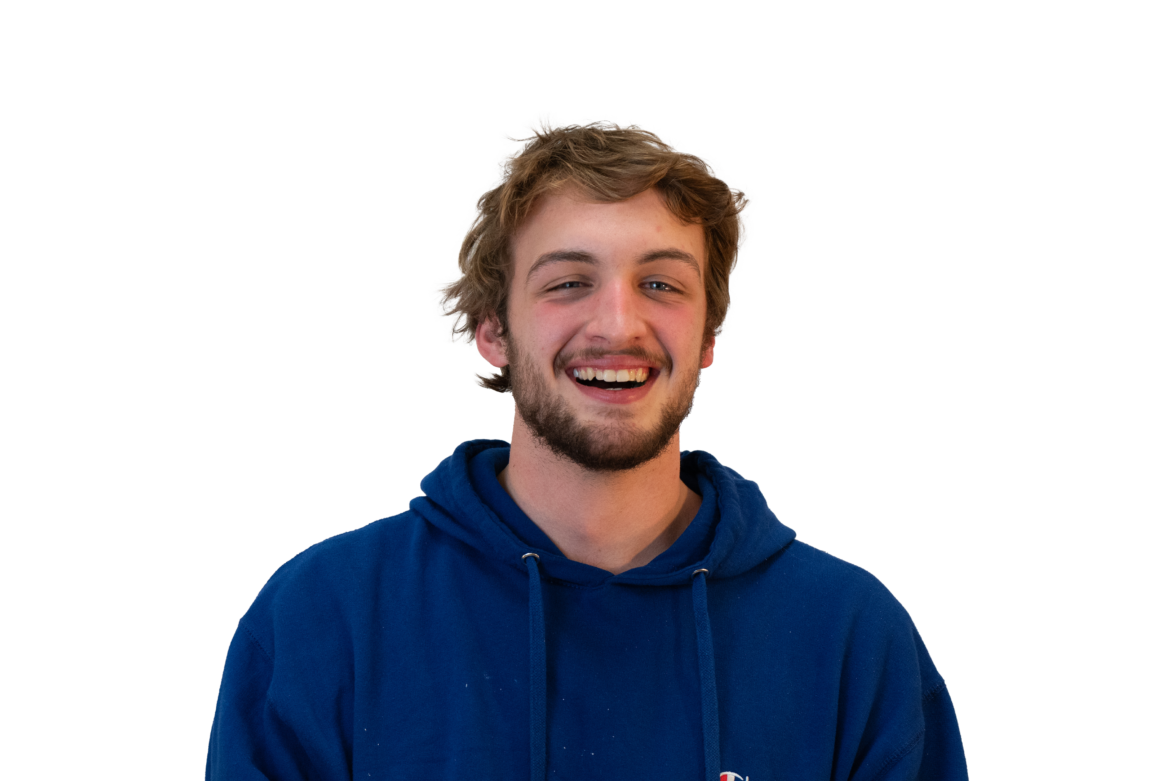Written by Sam Floyd
I have recently learned about two fundamental methods we use to obtain truth: through experience and through what other people have told us (their opinions).
As a child you either touched the stove when it was hot or someone told you that the stove was hot, and you either listened or touched it anyway. In the end, you learned that the stove could be hot. All methods of learning are essential for growth and maturity, but both need to be kept in balance. If you listened and didn’t touch the stove, you had to trust that the stove could be hot until you saw how it could boil water — then you knew that the person’s opinion was the truth.
With the endless ways to communicate and the illusion of placing characteristics on people based on their opinions, the scales have tipped too far in one direction. We are listening to what people are telling us without ever experiencing it for ourselves. I have heard so many opinions in my life that have changed my perspective and how I choose to experience my life, from what places to visit to what to watch and listen to and what I think I deserve in my life.
Only through experience, I have learned that some opinions are wrong. It is important to take wisdom from others (or you would burn your hand a lot), but I believe that it is essential to not let other people give you the truth on all matters. If I listened to my friends when they said pineapple on pizza was gross, I would have never discovered how I feel about it (my opinion on it is beside the point). The danger becomes apparent when I almost miss out on a good or bad experience — like not trying the pizza — and when my opinion alters how people perceive me without experiencing my presence. If I loved pineapple on pizza, they might have held a subjective truth against me, or if I hated it, then they might be comforted by the fact that we are in the same boat, when regardless, I like some kinds of pizzas.
Opinions are important, but they are just opinions. They hold too much weight on the world and can pressure you to assume how the world works without ever experiencing it. So I urge every individual to learn how to discern for themselves and to learn to balance the scales the best you can. When I look back on my life I am most thankful for the experiences I have lived and the lessons I have learned from them, even the bad ones. But who am I to tell you how to live your life? That is just my opinion.
